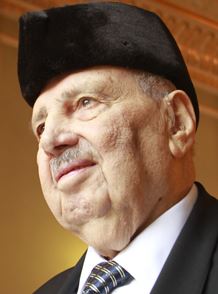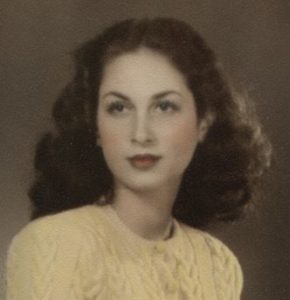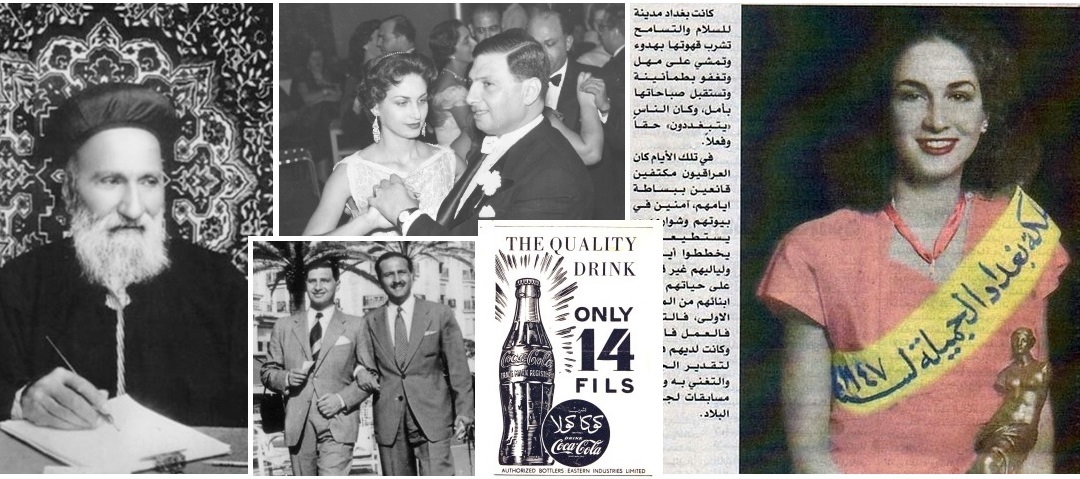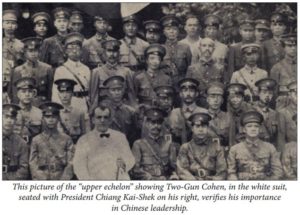Two years ago, for Jew of the Week’s 7th birthday in November, we featured a month-long series on one of the world’s most famous Jewish families, the Rothschilds. This year, for Jew of the Week’s 9th birthday, we will feature a month-long series on the Sassoon family, the “Rothschilds of the East”. This is Part 1. Click here for Part 2.
Sasson ben Saleh (1750-1830) was born in Baghdad to a wealthy Mizrachi Jewish family that had lived in what is today Iraq since the 12th century. Some say they were descended from the illustrious Sephardic ibn Shoshan family. He took the reins from his father as Baghdad’s Sarraf Bashi, or Chief Banker, at the age of 31. In this role, he was essentially the finance minister of the Iraqi Pashas, and among other things oversaw tax collection and the financing of public works projects. A very religious man, he was renowned for his righteousness and humility, and was called “Sheikh Sasson” by Jews and non-Jews alike. He used much of his fortune to assist the Jewish community and was among Iraq’s greatest philanthropists. Of his seven children, the fifth would become world-famous:
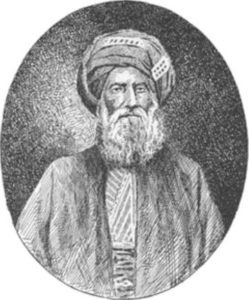
David Sassoon
David Sassoon (1792-1864) was born in Baghdad. After finishing primary school, he got married at the age of 15, and began his training to succeed his father as Baghdad’s financier. However, a new pasha took over and began persecuting the Jewish community. Many fled to Bombay, India, among them David Sassoon and his young family. Sassoon started a textile business, focusing on trade with the British Empire. The conclusion of the First Opium War in 1842 opened China to Western business, so Sassoon began expanding East. He sent his son Eliyahu (Elias) to Guangzhou, making him the first official Jewish trader in China. A couple of years later, they opened a branch of their business—David Sassoon & Co.—in Hong Kong, and then another in Shanghai, making most of their wealth from yarn, cotton, and opium. During America’s Civil War, cotton exports from the Southern states declined so Sassoon stepped in to fill the supply, making a huge fortune. Around this time, the first modern oil rigs were devised, and Sassoon immediately recognized their potential. He began investing in oil, and soon operated 17 mills in India, with as many as 20,000 workers. Like his father, Sassoon never abandoned his faith and was deeply religious. He was a generous philanthropist, too, and supported both Jewish and non-Jewish communities. In Mumbai he built a school, mechanical institute, hospital, and library, as well as the Magen David Synagogue. The massive home he built for his family is now Masina Hospital, and another home is the city’s oldest museum. In the city of Pune, he built the grand Ohel David Synagogue, in addition to a hospital free for all Indians regardless of class or caste. He single-handedly supported all the orphans of the Indian Mutiny of 1857. He was so beloved by the local Indians that they made a marble statue of him to display in the city.
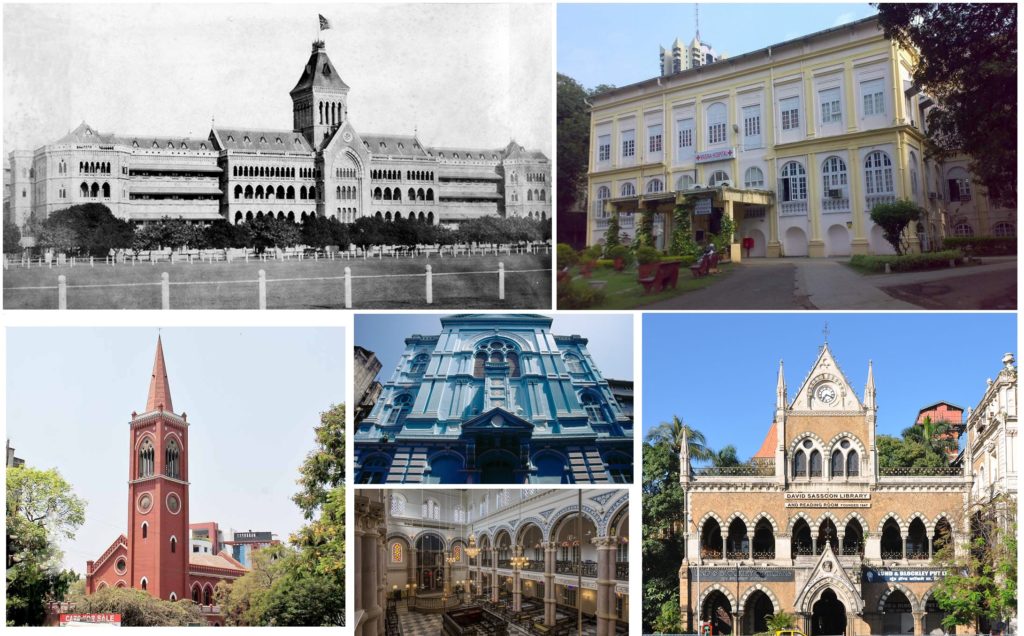
Clockwise from top left: Pune Hospital, David Sassoon’s 1860 gift to the City of Pune; Masina Hospital in Mumbai today, which used to be David Sassoon’s private home; David Sassoon Library and Reading Room in Mumbai; Exterior (top) and interior (bottom) of Magen David Synagogue, built in 1864, and once housing two Jewish schools; and Ohel David Synagogue in Pune, an official Indian Heritage site and the largest synagogue in Asia, built in 1863.
The Jewish Couple That Helped Free Thousands of Slaves
Words of the Week
Fear only two: God, and the man who has no fear of God.
– Hasidic proverb

